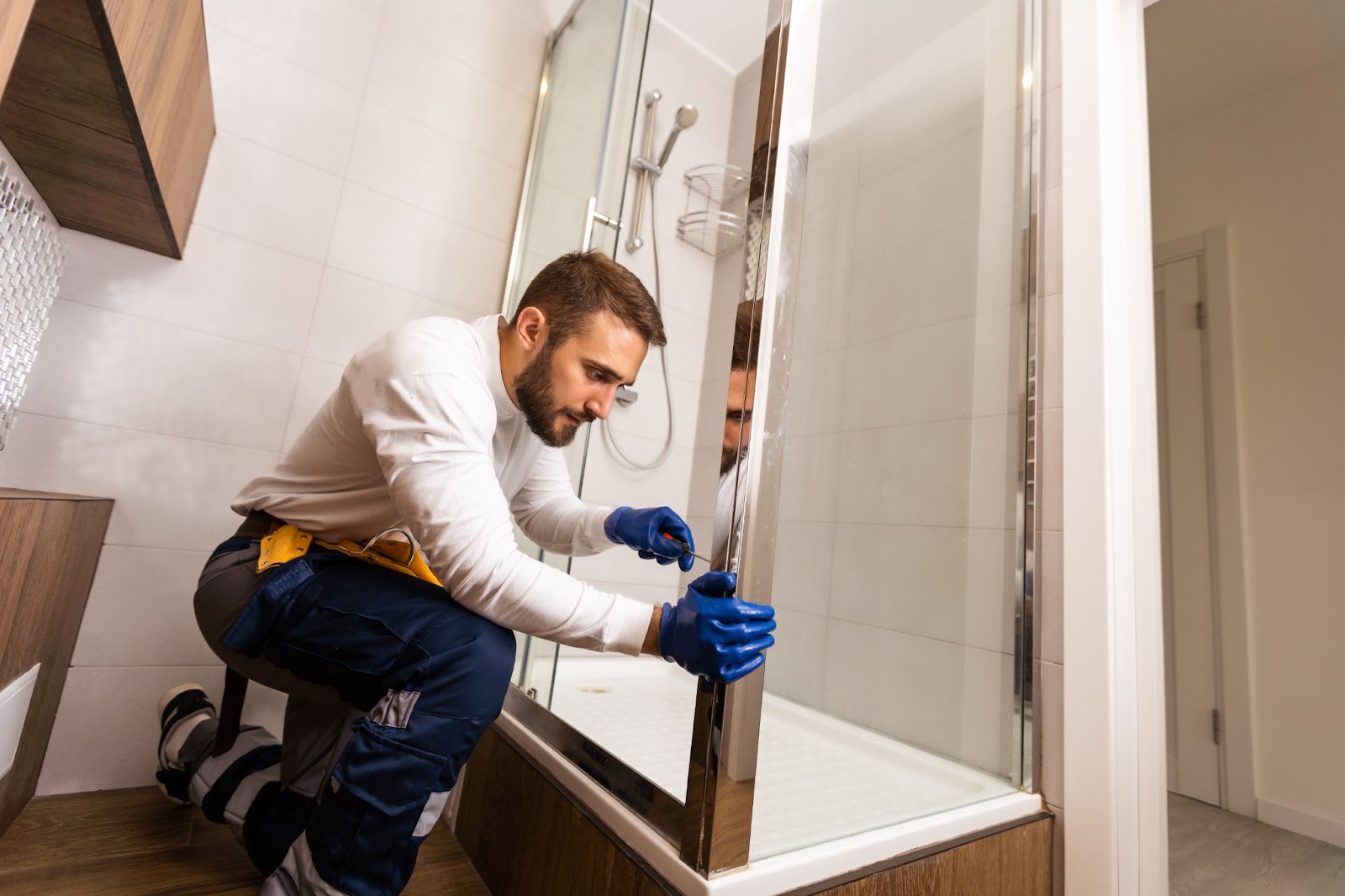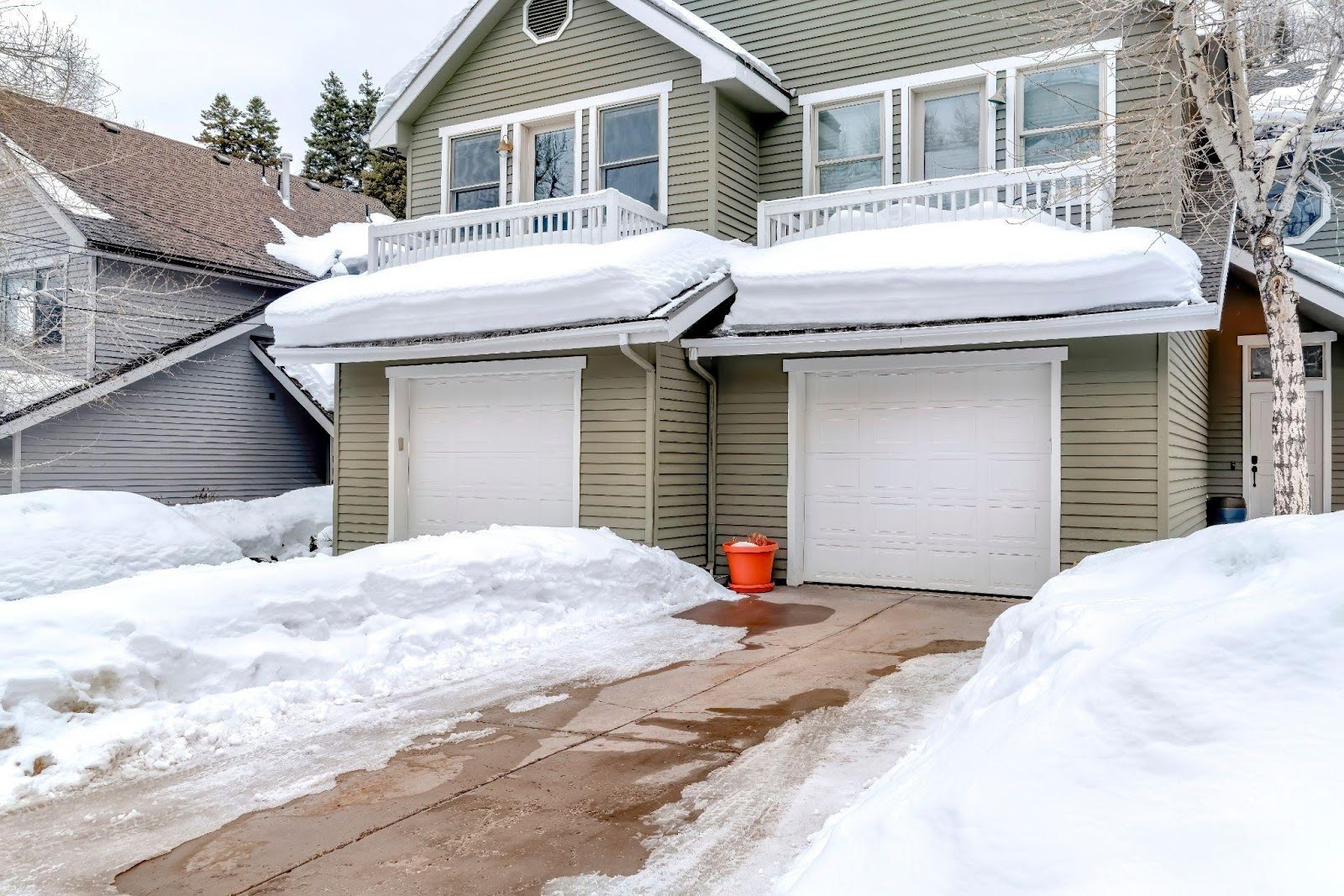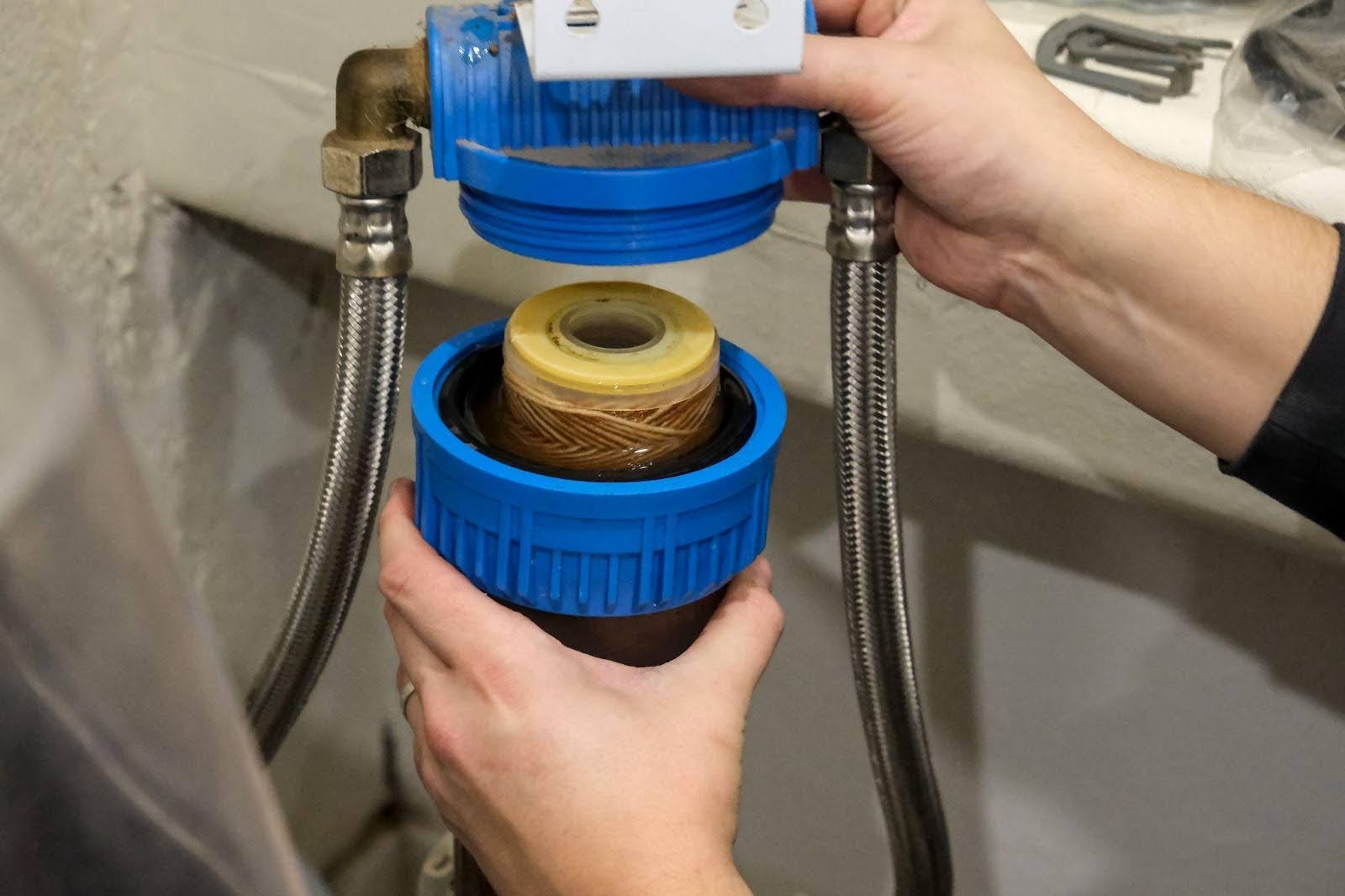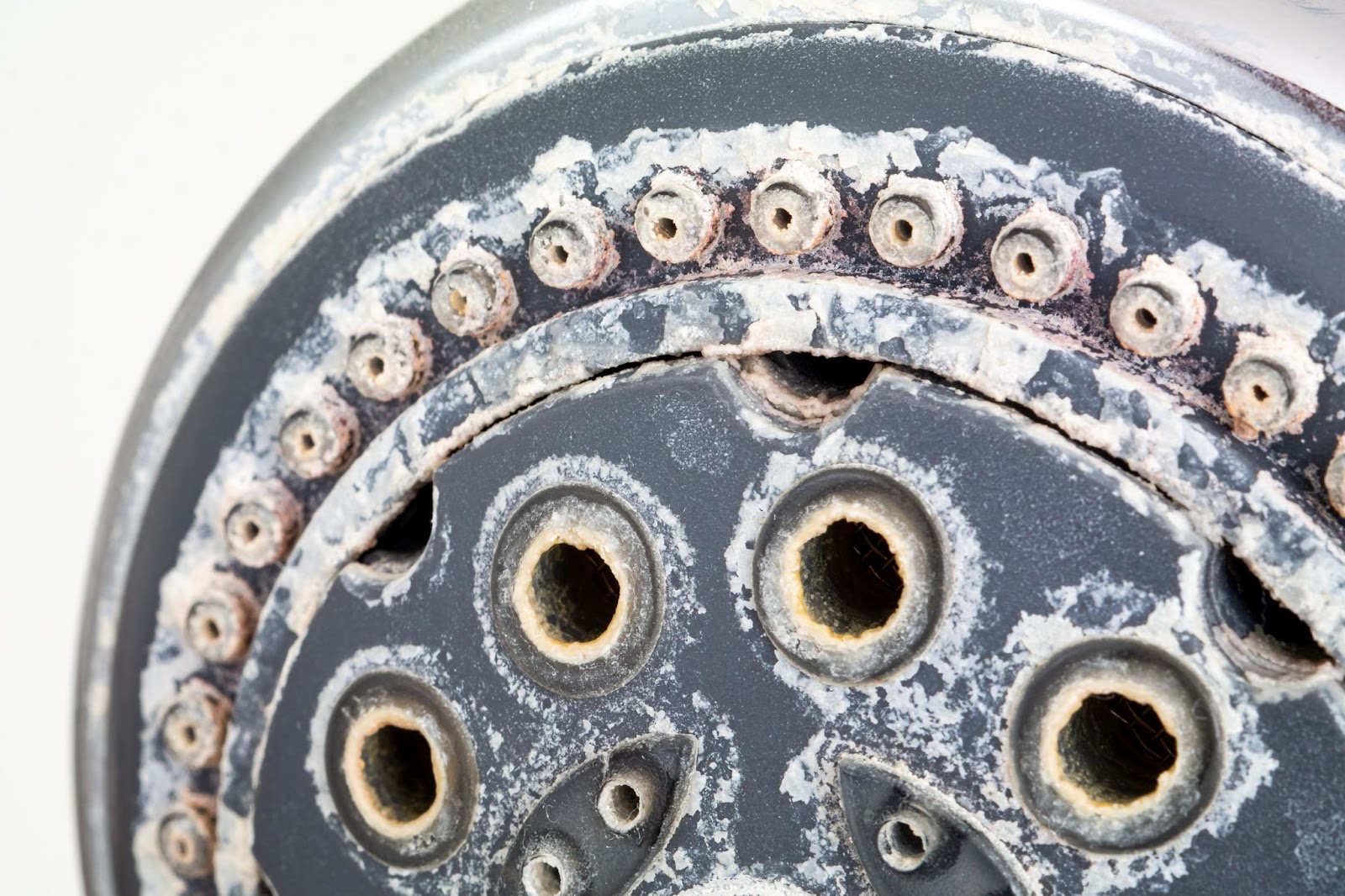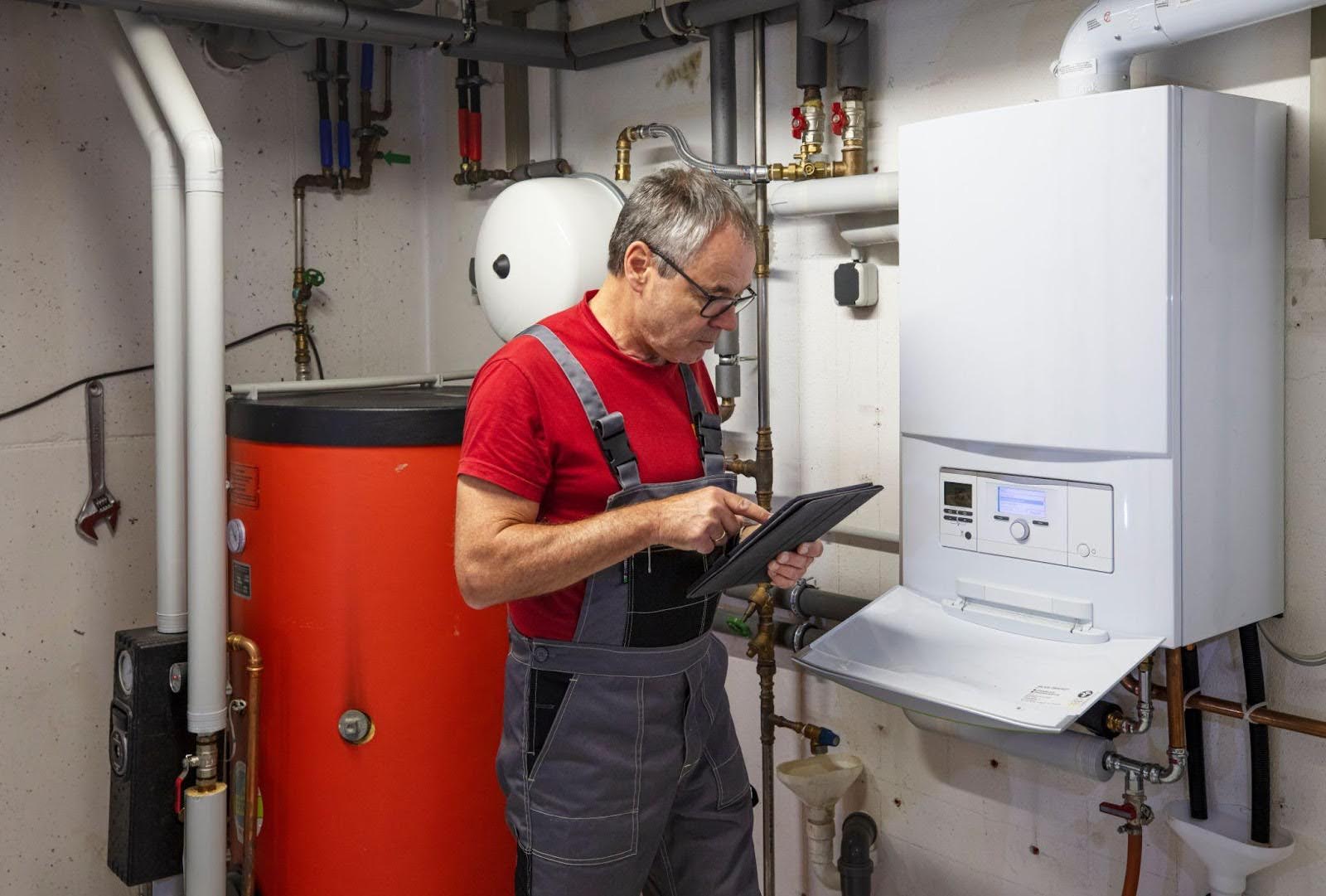Selecting the right plumber for your bathtub or shower repair isn’t simply about fixing a leak; it’s about ensuring the job is done correctly, efficiently, and without recurring issues. The right professional resolves the immediate problem but also safeguards the long-term health of your home’s plumbing system.
Bathtubs and showers experience a variety of issues, from simple drips to complex drainage problems or water temperature inconsistencies. This blog will guide you through essential questions to ask before hiring a plumber, ensuring you find someone qualified and trustworthy to handle your bathroom repairs.
Licensing and certification
Hiring a licensed plumber is crucial for bathroom repairs to ensure the work complies with local building codes and safety standards. Licensed professionals have passed rigorous assessments verifying their skills and knowledge, providing assurance of quality workmanship.
Beyond basic licensing, look for plumbers who hold specific certifications related to bathroom repairs, such as a Certified Plumbing Design Technician (CPDT) or credentials from the National Inspection Testing and Certification Corporation (NITC).
These certifications signify advanced understanding and specialized skills in handling complex plumbing systems, particularly those involving modern bathroom fixtures and intricate layouts.
Experience and specialization
Hiring an experienced plumber is essential, especially for bathroom plumbing, which may involve complex installations or sensitive repairs. An experienced plumber brings a depth of practical knowledge and problem-solving skills invaluable in effectively diagnosing and fixing issues from leaky faucets to complete shower remodels.
To ensure you find a plumber with the right expertise, consider asking the following questions:
- How long have you been working in plumbing, specifically with bathrooms?
- Can you provide examples of similar bathroom projects you’ve completed?
- Do you have specialized training in installing modern bathroom fixtures like low-flow toilets and digital shower systems?
These questions help gauge the duration of their experience and their relevance to your specific needs. A plumber who regularly handles bathroom-specific plumbing jobs is likely to offer quicker diagnoses, more efficient repairs, and insights into the latest technologies and methods that could enhance the functionality and aesthetics of your bathroom.
Cost and payment terms
Clear communication about financial aspects helps build a trustworthy relationship between you and the service provider.
When discussing costs, consider asking:
- Can you provide a detailed estimate that includes both labor and parts?
- How do you structure your pricing — is it a flat rate or an hourly fee?
- Are there any potential additional costs that might arise during the repair?
These questions help you understand the complete financial scope of the project. It’s important to know whether the estimate is likely to change and what conditions could lead to additional charges, such as unforeseen complications or extra materials needed.
Regarding payment terms, it’s essential to know:
- What forms of payment do you accept?
- Is a deposit required upfront, and if so, how much?
- When is the final payment due — upon completion of the work or at another specified time?
Clarifying these points before work begins ensures both parties are clear about expectations and obligations, reducing the risk of disputes and ensuring a smoother professional interaction. Always ensure agreements are put in writing to protect both your interests and those of the plumber.
Insurance and warranty
Hiring an insured plumber is crucial for ensuring quality and safeguarding against any liabilities that might occur if accidents or damages happen during the repair process. Verify that the plumber carries adequate liability insurance and request proof of this insurance before work begins. This step protects you from being financially responsible for any mishaps on your property.
Equally vital is the warranty offered on workmanship and parts, which reflects the plumber’s confidence in their skills and the materials used. You should inquire about the nature of the warranty, asking what it covers and how long it lasts.
Make sure to understand whether parts are covered by any manufacturer warranties and clarify all the specifics about what the workmanship warranty includes.
Always ensure that these warranty details are documented in writing to prevent any future misunderstandings about the coverage. This documentation is your assurance that any problems post-repair will be rectified without additional costs.
Availability and emergency services
When choosing a plumber for your bathtub or shower repair, understanding their availability is key. You’ll want to know how flexible they are with scheduling and the expected timeline for completing the job. This information is important, especially if the repair is urgent. Ask the plumber about their typical response times and how they prioritize different types of jobs.
In addition to regular scheduling, inquire about the availability of emergency services. Plumbing emergencies happen at any time, and having a plumber who is readily available to address urgent issues is a significant relief. Discuss their response times for emergencies and whether they charge extra for services outside of normal business hours.
References and reviews
Before hiring a plumber for your bathtub or shower repair, check their references and read customer reviews. Ask for references from previous clients, particularly those who had similar plumbing issues.
When speaking with these references, focus on questions that help you gauge the plumber’s reliability, timeliness, and overall quality of their work. Inquire about the plumber’s problem-solving abilities and their professionalism in dealing with unexpected challenges.
Take the time to read online customer reviews. Look for patterns in feedback that highlight the plumber’s strengths and weaknesses. Pay attention to how recent the reviews are, as this provides insight into the current state of the plumber’s service quality. Online platforms, social media, and business directories are invaluable resources for getting honest feedback from past customers.
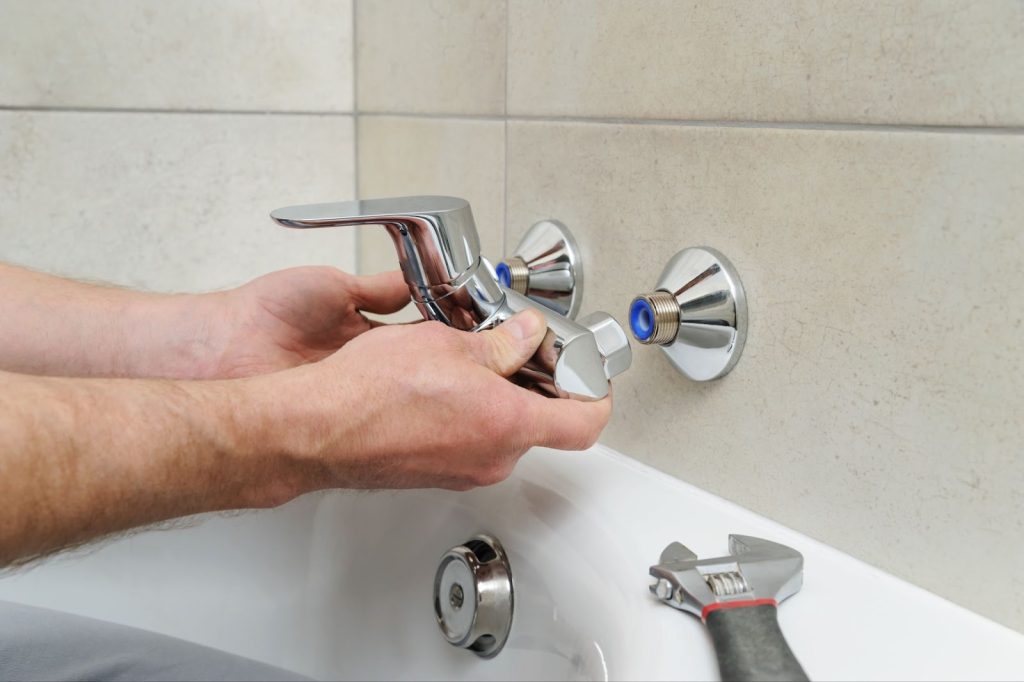
Additional services
A plumber who provides comprehensive services, including preventative maintenance, brings several benefits to the table.
First, ask if the plumber conducts routine checks and maintenance on your entire plumbing system. This proactive approach identifies potential problems before they become major issues, saving you time and money in the long run.
Preventative maintenance services might include inspecting pipe conditions, checking for slow leaks, and ensuring all fixtures are functioning properly. This regular upkeep helps extend the lifespan of your plumbing fixtures and can prevent sudden failures.
Additionally, hiring a plumber who offers a wide range of services means establishing a single point of contact for all your plumbing needs. This streamlines communication and makes it easier to manage appointments and follow-ups. It also builds a relationship of trust and familiarity, which is invaluable in emergency situations where quick action is needed.
Consider the long-term advantages of working with a plumber who will fix immediate problems and help maintain the health of your plumbing system through comprehensive services. This holistic approach not only ensures the efficiency of your plumbing but also enhances the overall safety and comfort of your home.
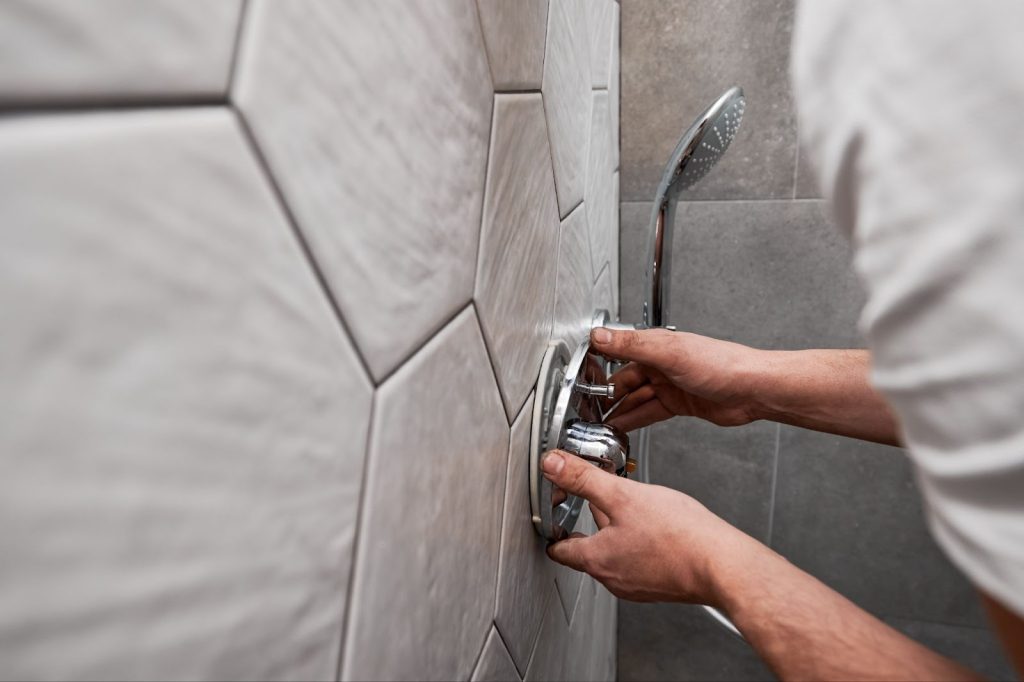
Choose Salisbury Plumbing
With Salisbury Plumbing, you get reliable and prompt service, as well as the assurance of working with licensed professionals who offer a comprehensive range of services—from emergency repairs to preventative maintenance. Salisbury Plumbing is committed to customer satisfaction.
For peace of mind and a guarantee of quality workmanship, contact Salisbury Plumbing for your next plumbing project.
toto slot

